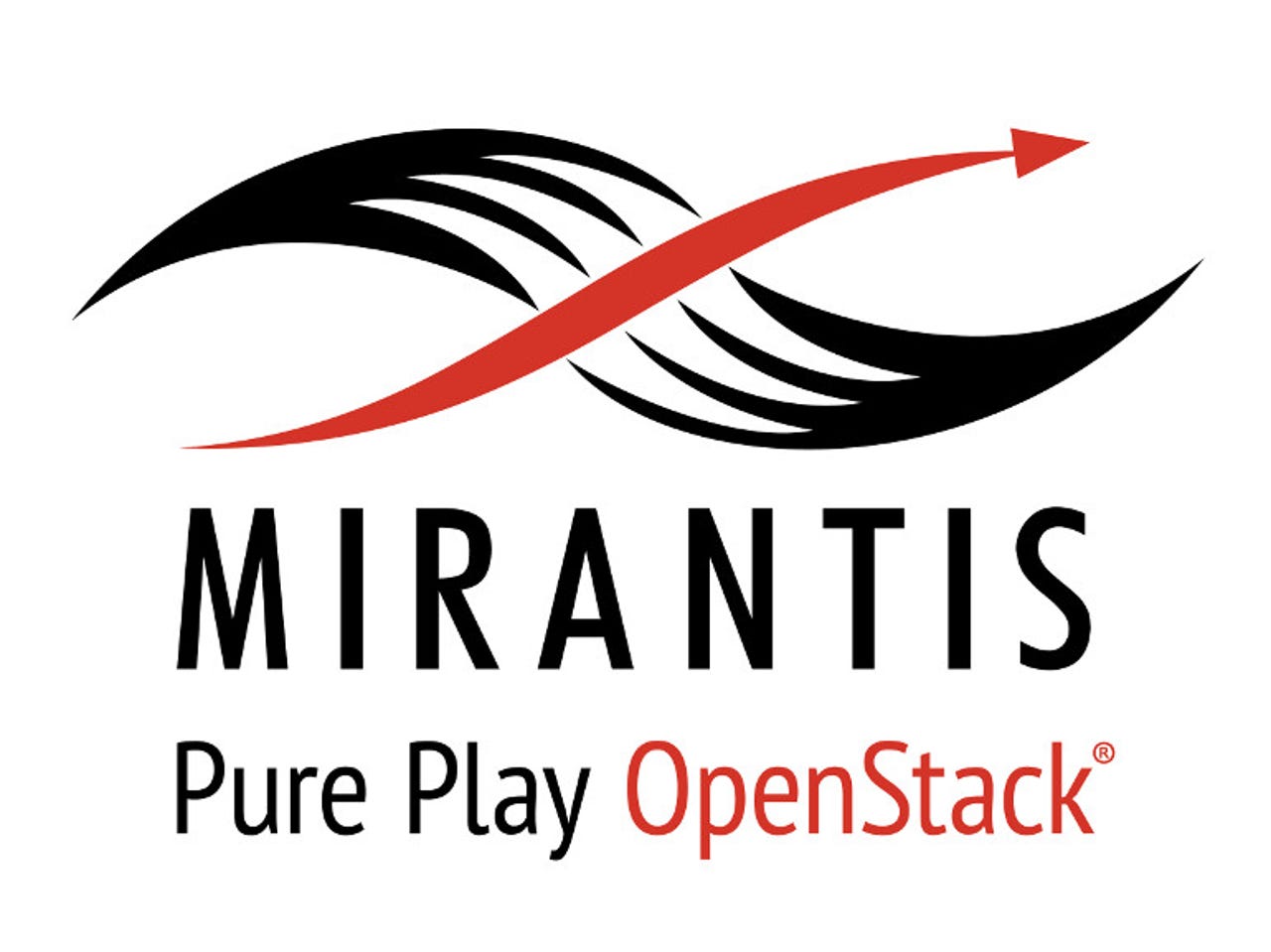Google, Intel, and Mirantis rewrite OpenStack's life-cycle management tool

While OpenStack has become a popular open-source cloud software stack, one part, its DevOps program Fuel, has had a much harder time garnering users. Now, Google, Intel, and Mirantis are re-writing it to use Kubernetes as its underlying orchestration engine.

Google and Intel are supporting Mirantis in incorporating Kubernetes into OpenStack's DevOps.
Smart move!
With all respect to Fuel's original designers, it really never took off. Kubernetes, on the other hand, already has many users.
Kubernetes, as most of you know, is a container management and DevOps program. On OpenStack, this Kubernetes deployment will use Docker containers. The Kubernetes-based Fuel will provide a single platform for virtual machines, containers, and bare metal systems to dynamically control OpenStack operations and life-cycle management.
The plan is to provide a continuous integration/continuous delivery (CI/CD) pipeline. The new Fuel will give users fine-grained control over service deployment and placement, as well as the ability to do rolling updates and make the OpenStack control plane self-healing and more resilient. And it'll smooth the path for creating container-based applications.
Cloud
This industry trio isn't the first to propose this. Mirantis and CoreOS started work in this direction last year when they brought Kubernetes to OpenStack. This is the next, logical step in this plan.
After all, as Mirantis CMO Boris Renski said in a statement, "With the emergence of Docker as the standard container image format and Kubernetes as the standard for container orchestration, we are finally seeing continuity in how people approach operations of distributed applications. Combining Kubernetes and Fuel will open OpenStack up to a new delivery model that allows faster consumption of updates, helping customers get to outcomes faster."
Google, which has not been a major OpenStack player until now, is jumping on the OpenStack bandwagon, because as Google Senior Product Manager Craig McLuckie stated, "Leveraging Kubernetes in Fuel will turn OpenStack into a true microservice application, bridging the gap between legacy infrastructure software and the next generation of application development. Many enterprises will benefit from using containers and sophisticated cluster management as the foundation for resilient, highly-scalable infrastructure."
Will this help speed up OpenStack deployments? I certainly hope so. OpenStack is a very powerful and useful cloud program, but it's also infamous for being very hard to deploy and maintain. I think combining Fuel and Kubernetes is just what OpenStack needs.
If you're in Silicon Valley, you can get an early peek for yourself. Mirantis will soon offer a Docker and Kubernetes Bootcamp on best practices around running containers at scale. It will cover Linux container concepts, installing, integrating, and running Docker, and orchestrating containers using Kubernetes. A beta class will be given to some students free of charge at OpenStack Silicon Valley on August 9 and August 10.
Related Stories: